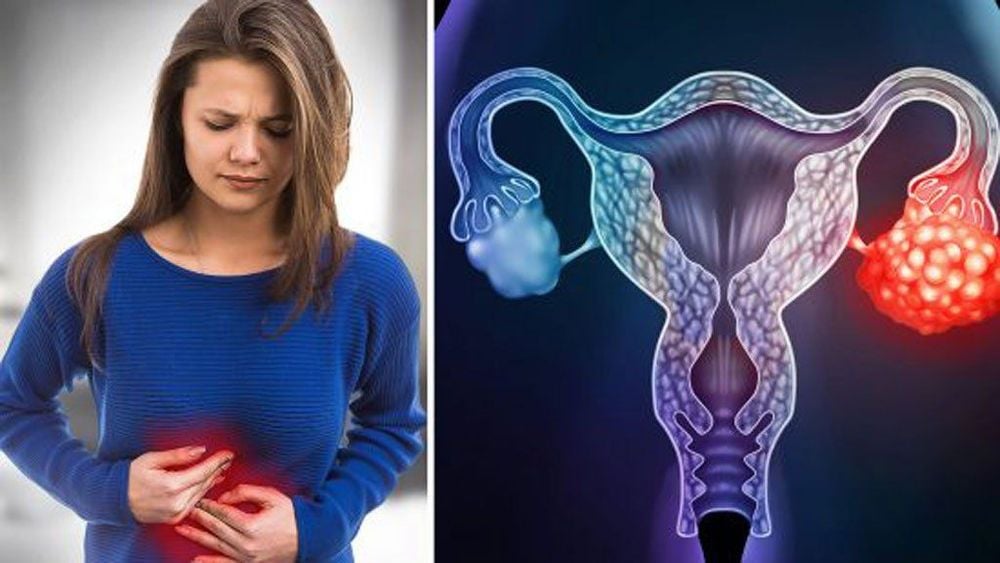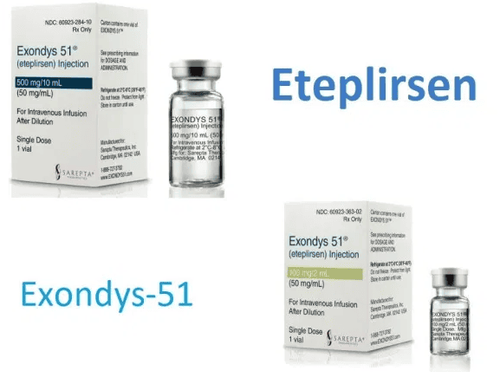This is an automatically translated article.
Ovarian cancer is a disease that affects many people of all ages, but mainly affects women 50 years of age and older. This is a dangerous disease, with silent progression, high mortality, but it is difficult to recognize. There are three main methods of treating ovarian cancer: surgery, chemotherapy, and radiation therapy. However, thanks to the development of medicine, the treatment of this disease has made many new advances, the most notable of which is Targeted Therapy.Video content is professionally consulted by Master, Doctor Nguyen Manh Ha, Radiologist, Vinmec Times City International Hospital
1. Learn about ovarian cancer
As we all know, ovarian cancer is known as the "silent killer" because it progresses silently, quietly, with no obvious symptoms and often overlooked by women. The exact cause of ovarian cancer is still unknown. But studies show an association between the following factors that increase the risk of ovarian cancer:Older age. Ovarian cancer can occur at any age but is most common in women between the ages of 50 and 60. Inherited genetic mutations (Genetic factors, including): Inherited mutations: Genes that have been confirmed to increase the risk of ovarian cancer include breast cancer gene 1 (BRCA1) and genes breast cancer 2 (BRCA2). Mutations in these genes also increase the risk of breast cancer. Other gene mutations, including those associated with Lynch syndrome, are known to increase the risk of many cancers, including ovarian cancer. Family history of ovarian cancer. People who have two or more close relatives with ovarian cancer have a higher risk of developing the disease. Estrogen hormone replacement therapy, especially when used long-term and in high doses. The age at which menstruation begins and ends. Starting periods too young or starting menopause at an older age, or both, can increase the risk of ovarian cancer. Besides traditional treatment methods, targeted therapy is a new treatment method, bringing higher treatment efficiency to patients. So how does targeted therapy work?

Điều trị ung thư buồng trứng và những điều cần biết
2. Targeted treatments for ovarian cancer
Targeted cancer therapy is a drug treatment for cancer in which drugs are used to specifically recognize and attack cancer cells, while not or very little. affect other cells of the body.Another form of targeted therapy is the use of enzymes using nanotechnology to attach to tumor cells, initiating the body's natural cellular degeneration process, from which the body can digest effectively kill cancer cells.
Cancer usually starts when there are genetic changes in healthy cells. In the body, genes have the ability to "command" cells to produce proteins, so when genes are altered, these product proteins can also change and cause abnormal multiplication or cells. living too long. These abnormal changes, if uncontrolled, will gradually form tumors
Researchers have been finding specific gene changes for each type of cancer and thereby developing drugs that can target those changes These drugs can:
● Block or turn off the mitotic signals of cancer cells
● Prevent cells from living longer than normal
● Destroy cancer cells
For ovarian cancer, there are many targeted measures that have been proven effective in treating this disease. Targeting in ovarian cancer:
Bevacizumab: This is an anti-angiogenic drug.In order to grow and spread, cancer cells need to create new blood vessels to self. nourish yourself (this process is called neovascularization). Bevacizumab has the ability to inhibit a protein called VEGF (which plays an important role in the formation of new blood vessels) so it has the ability to slow or stop tumor growth. This medicine may be used alone or in combination with chemotherapy, or the drug Olaparib. PARP inhibitors: This class of drugs includes the drugs Olaparib, Rucaparib, and Niraparib. The enzyme PARP, in normal humans, plays an important role in a pathway that repairs faulty DNA. The BRCA genes (BRCA1 and BRCA2) are a parallel pathway to PARP in repairing these faulty DNA. By inhibiting the PARP pathway, PARP drugs render human tumor cells with BRCA mutations unable to repair faulty DNA, often resulting in cell death. As shared, ovarian cancer is a dangerous disease and has a high mortality rate, so it is essential to proactively perform periodic health check-ups and cancer screening. Currently, Vinmec International General Hospital is the first medical facility in Vietnam capable of implementing cancer screening by combining 4 technologies: genetic testing, endoscopy, ultrasound and immunoassay. . In particular, cancer screening with genetic technology is a method that is considered a breakthrough in medicine.
Early screening is considered the "golden key" to detect and provide prevention methods, reduce the risk of death and costs for patients. Due to late detection (70% of patients are treated when they are at the end stage), the death rate from cancer in Vietnam is very high.
Please dial HOTLINE for more information or register for an appointment HERE. Download MyVinmec app to make appointments faster and to manage your bookings easily.













